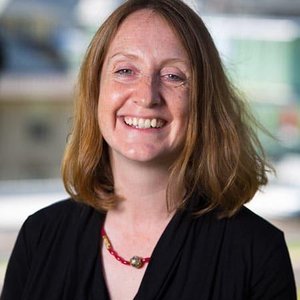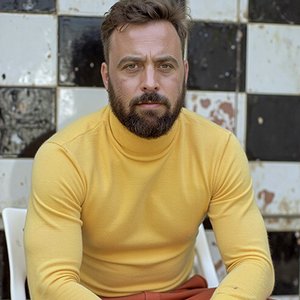PCT19: Federation of Infrastructure Scholars in the Humanities (FISH)
About
This working group supports events that critically engage with human infrastructure studies, especially through literature, architecture and the arts through workshops, talks and writing retreats.
Open to New People
Active since: 2024
- Cornell University
- University of Rochester
Collaborative Goals
The goal of this working group is to establish a network of scholars working across the humanities in central New York who are working in the field loosely known as infrastructure studies. This includes the study of all human-built infrastructure: from water and power systems to transportation and communications networks. Vastly understudied and undertheorized (some say disciplinarily orphaned), infrastructure studies deserves serious critical reflection within the humanities. Our goal is to establish a strong alliance of scholars working in these areas, ultimately providing mutual support and a collective sounding board to incubate innovative critical scholarship.
In the first year, we wrote a manifesto and established an advisory board comprised of leading scholars across different disciplines (Literature, History of Art, History of Architecture, Religious Studies, Anthropology, and History) whose work revolves around infrastructure, including roads, dams, oil and gas pipelines, undersea cables, and sewer systems. Now we seek to build on this foundation to develop and support public-facing research projects that involve collaborations among faculty, students, and local community partners. The main collaborative goal is to motivate students, with faculty advice and direction, to write about, film, and otherwise document organizations working on community infrastructure projects. Many members of the group have launched initiatives like this. Our first action will be to gather information about the kinds of mentoring/teaching we already do with students. For our fall meeting, we will also invite Bethany Wiggin from the University of Pennsylvania, Founding Director of the Penn Program in the Environmental Humanities, and leader of three public-facing initiatives: The Ecotopian Toolkit for the Anthropocene, My Climate Story, and Intersecting Energy Cultures.
Group Organizers


Peter Christensen
Ani and Mark Gabrellian Director of the Humanities Center; Professor of Art History, University of Rochester
Activities
FISH Advisory Board Meeting
Feb. 14, 2025, 10 a.m.
Manifesto Writing Retreat
Oct. 4, 2024, 6 p.m.